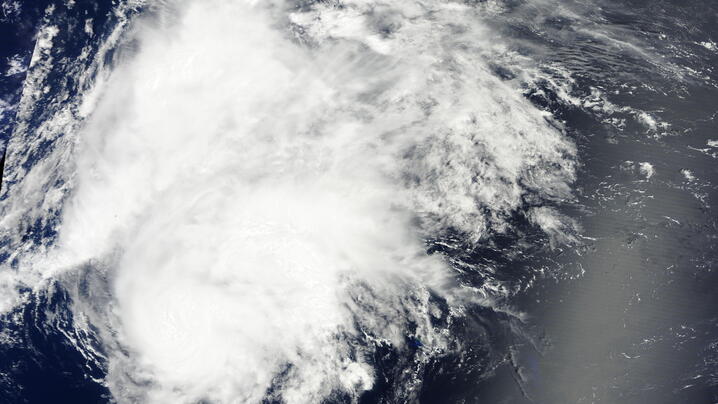
As part of the National Preparedness Month blog series this blog will cover hurricane preparedness. You can read part 1 on flood mitigation and management here and part 2 on wildfire preparation here.
Forecasters at the beginning of the Atlantic hurricane season predicted 6-10 named storms, of which 1-4 would become hurricanes, and only 1 would be a major hurricane (NOAA 2015 Atlantic Hurricane Season Outlook). This outlook is below the 30-year average of 12 named storms and 3 major hurricanes in one season. Even though the National Weather Service is predicting a mild hurricane season, it advises, “The time to prepare is NOW!”
In recognizing September’s National Preparedness Month, I have identified resources that could help your community plan for the next major hurricane:
- The Washington Post just released these three maps to help you understand your community’s risk for Atlantic hurricanes.
- In 2011, as part of the release of the National Disaster Recovery Framework, the Federal Emergency Management Agency (FEMA) launched a coordinated effort called Community Planning and Capacity Building Recovery Support Function (CPCB RSF). With this initiative FEMA aligned strategic partners (including ICMA) with local leaders to help build resiliency and establish recovery plans before disasters strike.
- As part of the hurricane season in 2014 ICMA posted this article on key steps for hurricane preparedness.
- This innovative initiative in Georgetown County, South Carolina, helps its community prepare for hurricanes by arming its citizens with skills and knowledge.
- This example of a hurricane preparedness plan from Myrtle Beach, South Carolina, can suggest ways in which your community can prepare.
- In Orange County, Florida, after Hurricane Charley, local government officials realized that the best way to keep citizens informed was to integrate their 311 system into disaster response and recovery.
How do you ensure that your community is properly equipped to deal with the challenges of hurricane planning and response? Share your comments below.
Douglas Shontz
Knowledge Network Intern
New, Reduced Membership Dues
A new, reduced dues rate is available for CAOs/ACAOs, along with additional discounts for those in smaller communities, has been implemented. Learn more and be sure to join or renew today!
